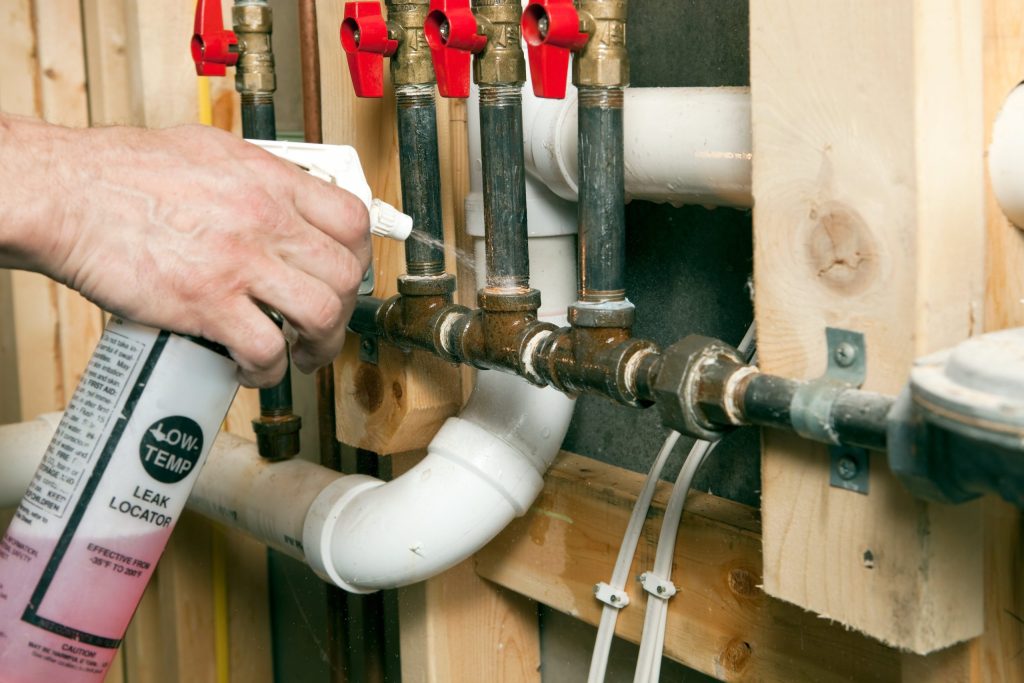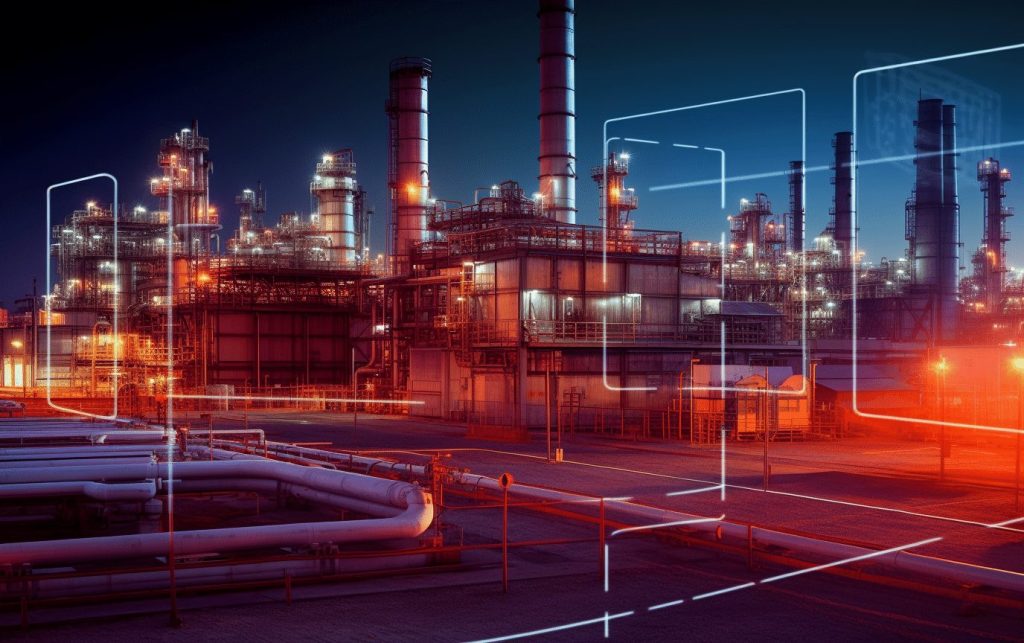Gas leaks present severe risks to public safety and the environment at large. These dangers are present in various industries, particularly those involved in using and storing combustible gases. Finding gas leaks is crucial for reducing environmental damage and goes beyond shielding against potential explosions or health risks. This article explores the environmental Impact of gas leaks on the environment and clarifies how gas detectors support sustainability initiatives.
Natural gas leaks in local distribution systems have become a significant concern recently and received much media attention. These leaks might result from the gradual deterioration of underground pipeline infrastructure, posing safety risks, creating economic difficulties, and accelerating climate change. Notably, these leaks frequently have an unfavorable effect on particular groups, raising questions about environmental justice. This article examines natural gas leak patterns to highlight this crucial issue.
Understanding Gas Leaks

Gas leaks happen when gas escapes from a contained space, like a storage tank or pipeline. They result from various causes, including faulty machinery, corrosion, calamities, and human error. These leaks involve many types of gases, ranging from relatively benign substances to highly toxic or environmentally harmful gases.
The effects of gas leaks on the environment are extensive. Hazardous gas emissions can worsen air pollution, accelerate climate change, and destroy natural habitats. One potent greenhouse gas that significantly contributes to global warming is methane, a common gas in the oil and gas industry.
The Environmental Defense Fund claims that methane, which makes up about 90% of natural gas, is lost through leaks in the United States alone. According to an EDF report, natural gas leaks from American oil and gas operations cost nearly $2 billion annually, underscoring the critical need for efficient gas leak detection and prevention systems. If these leaks go unchecked, they pose risks to immediate human safety and significantly increase greenhouse gas emissions.
Environmental Impact of Gas Leaks
The type of gas involved determines how gas leaks affect the environment. By trapping heat in the atmosphere, leaks of greenhouse gases like methane and carbon dioxide accelerate global warming. When other gases, like chlorofluorocarbons (CFCs), reach the upper atmospheric layers, they can also cause ozone layer depletion.
Gas leaks also harm the environment by contaminating the air, the soil, and the water supply. Oil and gas operations may experience leaks that contaminate groundwater and harm nearby ecosystems. Uncontrolled gas leaks have been the cause of notable environmental disasters like the Deepwater Horizon oil spill in 2010.
As sobering examples of the real-world repercussions, specific instances of gas leaks harming the environment are provided. The 2015 gas leak at Aliso Canyon in California is a notorious illustration. Over several months, the rupture allowed enormous amounts of methane to leak into the atmosphere, equal to emissions from driving over 4.5 million cars daily. The incident showcases how much a single gas leak could harm the environment.
Role of Gas Detectors in Mitigating Environmental Impact
Gas detectors are essential for preventing and minimizing the damage gas leaks cause to the environment. These cutting-edge gadgets work by detecting the presence of particular gases in the environment. The device sounds an alarm when it finds a leak, allowing quick corrective action.
Early detection and subsequent action can stop or lessen environmental harm. Finding leaks early makes it possible to stop them and reduce the gas that escapes the environment. As a result, continual monitoring and quick action are essential for lessening the effects of gas leaks.
The increased prevalence of gas detectors in industrial environments can be attributed to their remarkable proficiency in promptly detecting leaks. However, finding case studies that illustrate the effectiveness of gas detection can be challenging, as successful functioning often goes unnoticed and unreported. Consequently, it becomes imperative to remain vigilant with regular safety checks and ensure the proper calibration of your gas detection system to uphold its efficacy.
Looking Forward: Gas Detectors and the Path to Sustainability

Technology is developing at a rapid rate, which offers promising opportunities for gas detection. Detection of a wider variety of gases by devices and improved connectivity for faster and more reliable alerts are possible future innovations.
Future advancements in gas detection systems’ capabilities will likely come from integrating artificial intelligence (AI) and Internet of Things (IoT) technologies. A new gas detection system that uses IoT sensors and AI algorithms to detect gas leaks in real-time and predict future leaks based on data patterns is described in a research paper published in IEEE Access in 2021. Future gas leaks may have a significantly smaller negative impact on the environment thanks to advancements in gas detection technology.
Conclusion
In conclusion, gas leaks significantly negatively impact the environment, increasing air pollution, causing climate change, and causing environmental degradation. Gas detectors are crucial in reducing this effect by enabling early leak detection and quick action. These devices promote sustainability and environmental stewardship by preventing and limiting the release of harmful gases into the environment.
The case is strong for spending money on reliable gas detection systems. These technologies will continue to play a crucial role in preserving our environment as society moves toward a more sustainable future. Industries can significantly contribute to environmental sustainability and ensure their operations’ safety by prioritizing solid gas detection systems. Not only will it keep our environment in a better state, but it will also protect the lives of our friends and co-workers.
Gas detectors will play a more significant role as technology develops and environmental consciousness grows. Future advancements in gas detection technology promise improved leak detection and mitigation, supporting environmental sustainability even more.

